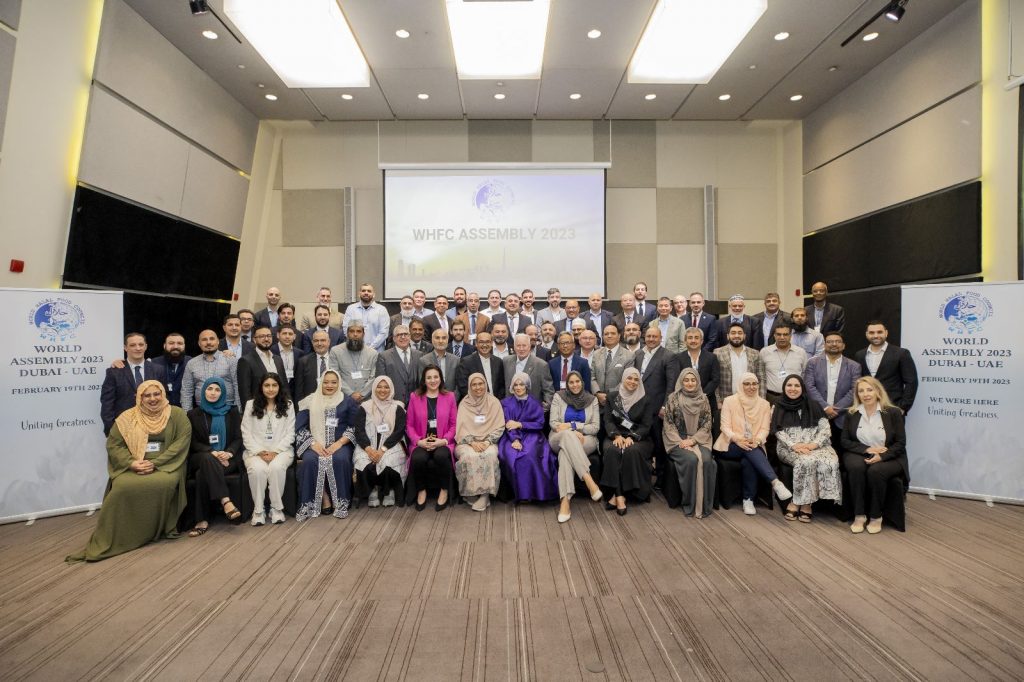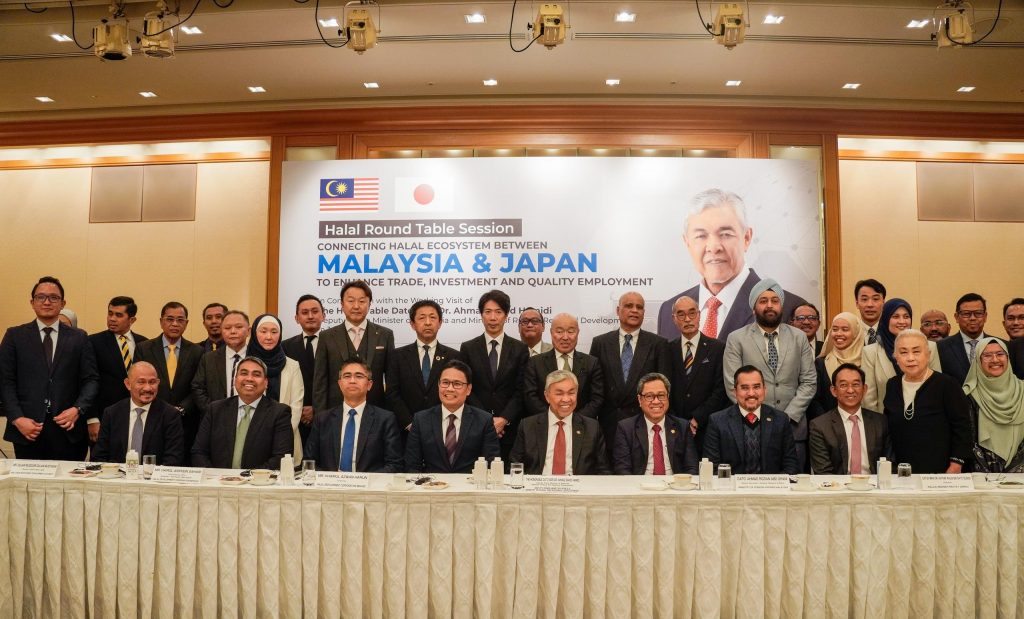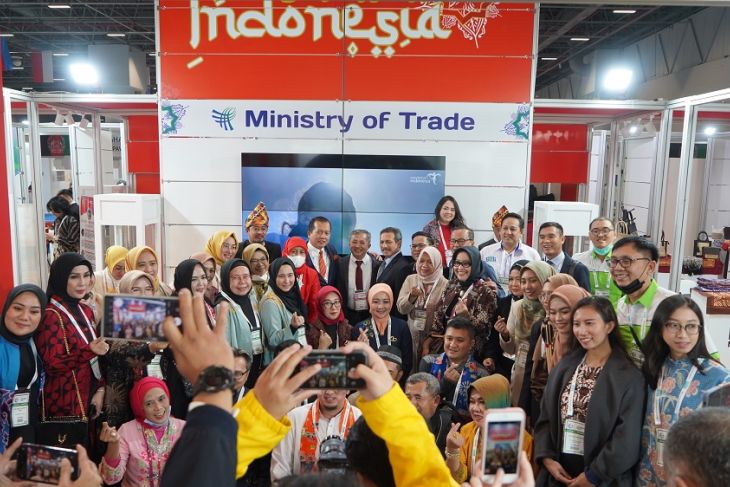Tokyo – The Japanese government has joined the bandwagon of countries, including the Philippines, by initiating effort s to establish a presence for its products in the huge “halal” food markets.
s to establish a presence for its products in the huge “halal” food markets.
Tetsu Otsuru, director of economic policy division for promotion of public private partnership of the Ministry of Foreign Affairs, told visiting ASEAN journalists that the Japanese government has just started its halal certification process.
Japanese firms are also starting to test the waters and exporting small quantities of halal food.
“We have just started, but very limited,” Otsuru said. Already, some Japanese firms have started exports of beef, albeit at very minimal amount, to United Arab Emirates and surrounding countries in the gulf region.
According to Otsuru, the strategy is to go to the Middle East countries first because they are stricter and as such could serve as the benchmark for other Muslim countries. Japan is also gathering the best practices for halal products.
Japan has not really been exporting much of its agricultural products to the ASEAN region, but the bulk of its exports in Asia South go to mainland China, Hong Kong and Korea.
Mie Katsuno, head of office for Traditional Dietary Cultures Office of the Ministry of Agriculture, Forestry and Fisheries, said the agriculture agency has given more attention now for halal because of the huge opportunity for exports.
According to Katsuno, Japan has been very particular in the promotion of its agriculture products that the agency conducts section meeting for each export item. This time, the halal has been included.
Among the Japanese food producers, Starzen Meat Processor Co. Ltd. has started to seriously look at the halal food market.
Takeshi Ino, general manager for the export department of Starzen International Co. Ltd., said the Japanese government has been in discussion with Brunei to start bilateral negotiations. The discussion has touched on quarantine issues.
Starzen is now exporting to Dubai and is looking forward to tapping the Brunei market because of the good purchasing power of the Brunei people.
The company has already obtained halal certification from Qatar and Dubai for its beef exports. For a start, it ships to Dubai the cattle right after slaughter.
It has also been looking at Indonesia, the biggest ASEAN Muslim country, for possible halal export.
The Japanese government expects its food market to substantially expand given the growing popularity of the Japanese cuisine abroad.
In Asia alone, there are already 45,300 Japanese restaurants.
The Philippines has long been trying to penetrate the estimated $661 billion halal food market globally. It has participated in food shows like the UAE’s Gulf Food Hotel and Equipment Exhibition and Salon Culinaire, the Malaysia International Halal Show, and Singapore’s Food and Hotel Asia. The Asian halal food market alone has been estimated to be at least $418 billion.
The Asian Halal market was part of a strategic positioning of the country as an attractive Halal food source as pursuant to the Philippine Export Development Plan (PEDP).
The PEDP supports the development of the local Halal market by accrediting more Halal-certifying bodies and strengthening the capabilities of local food manufacturers to meet stringent Halal requirements.



